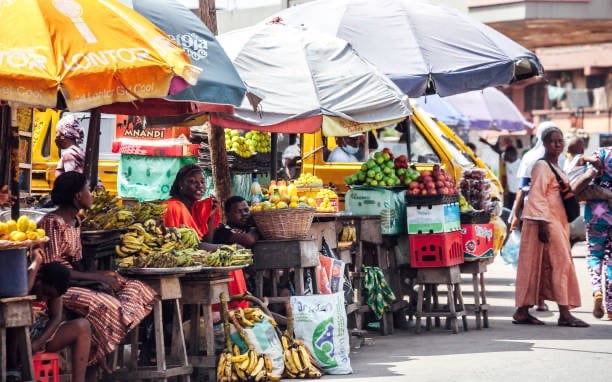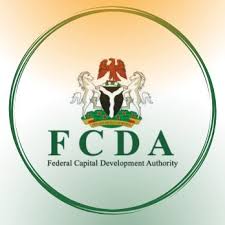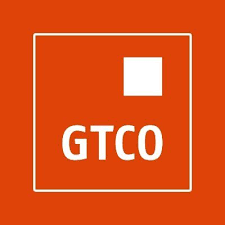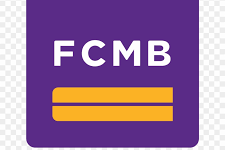WHY NIGERIANS LOVE QUICK PERSONAL LOANS - AND WHY THEY REGRET THEM
Hidden Cost of Fast Loans
LOANS
Fabian Agore
9/9/20251 min read


In Nigeria, quick personal loans often look like miracles. With a phone, BVN, and little else, money drops into your account in minutes. For many people, it’s the difference between showing up and falling apart. But behind the relief comes regret—interest rates that bite, harassment that scars, and debts that multiply.
Here are stories that explain both sides.
Chika: The Salary Delay Survivor
Chika works in a private school in Port Harcourt. Her ₦60,000 salary is often delayed. One Wednesday morning, she had only ₦500 left and needed transport for the week. Out of desperation, she opened a loan app, entered her details, and within 10 minutes, ₦15,000 landed in her account.
That day, she ate, fueled her car, and exhaled. But by the end of the month, the app demanded ₦19,500. Her salary couldn’t stretch. To pay back, she borrowed from another app. By the next term, she was juggling three different loans, with deductions eating most of her pay.
Chika’s story shows why people love the speed of loans—and why many end up in a debt trap.
Kunle: The Wedding Guest
In Lagos, Kunle prides himself on being “the reliable friend.” When his best friend was getting married, Kunle didn’t want to show up empty-handed. He borrowed ₦20,000 from an app to buy aso ebi and contribute to the wedding.
He enjoyed the party. But when the repayment reminder came with a late fee, Kunle panicked. He couldn’t pay immediately, and within days the loan company blasted messages to his contacts: “Beware! Kunle is a fraudster who refuses to pay his debts.” Even his mother in Ibadan received the SMS.
Kunle paid eventually, but the shame lingers. For many Nigerians, loans aren’t just expensive—they’re humiliating.
Amina: The Market Trader
Amina sells foodstuff in Kano. During Ramadan, business peaks, but this year she didn’t have enough money to restock. A friend suggested a loan app. With no collateral and no bank stress, she got ₦30,000 to buy rice and beans.
Business boomed. She made profit, repaid the loan, and even had some change left. For her, the loan worked. But the next month, sales slowed. Out of habit, she borrowed again, hoping business would pick up. It didn’t. Interest piled up. What began as a smart business move became a constant struggle to repay.
The Lesson Behind the Stories
Nigerians love quick personal loans because they bring relief at critical moments—when salaries delay, when social pressure mounts, when business needs urgent cash. They’re easy, fast, and don’t require collateral.
But the regret often comes with interest rates as high as 30% for a few weeks, aggressive recovery methods, and the cycle of borrowing from one app to pay another. For some, like Amina, the loans can help if used once in the right situation. For many others, like Chika and Kunle, they create a financial hole deeper than the one they tried to escape.
Quick loans in Nigeria are like fast food: satisfying in the moment, harmful if you rely on them too often.
Visit this page daily for your dose of financial sense to power up your wealth growth. Also, share with your family, friends and colleagues.





